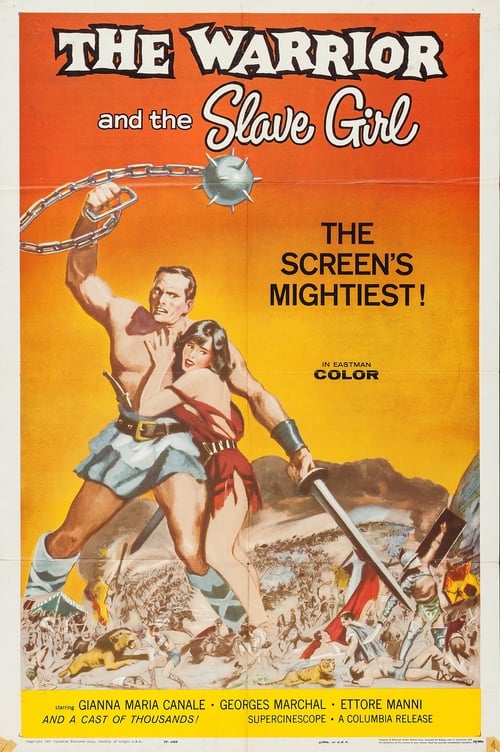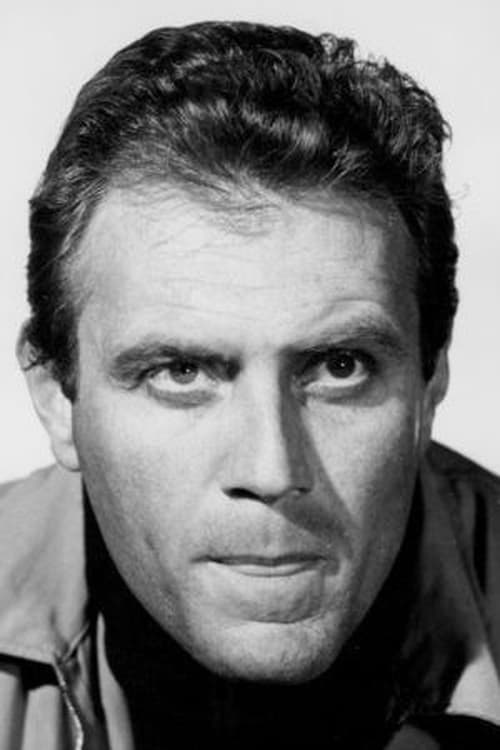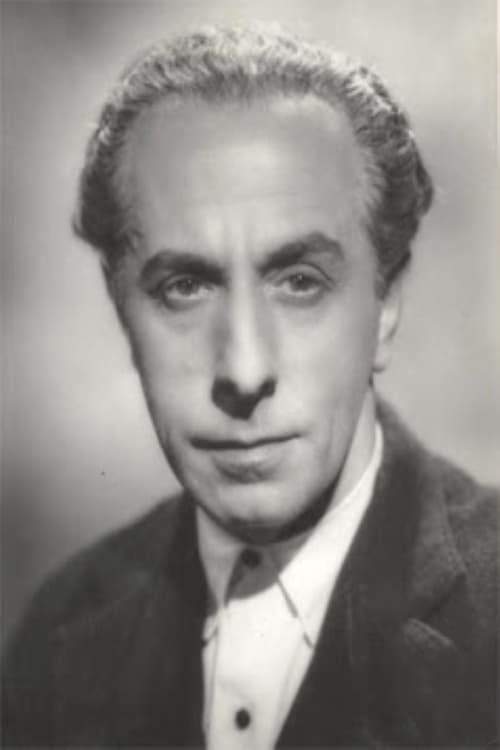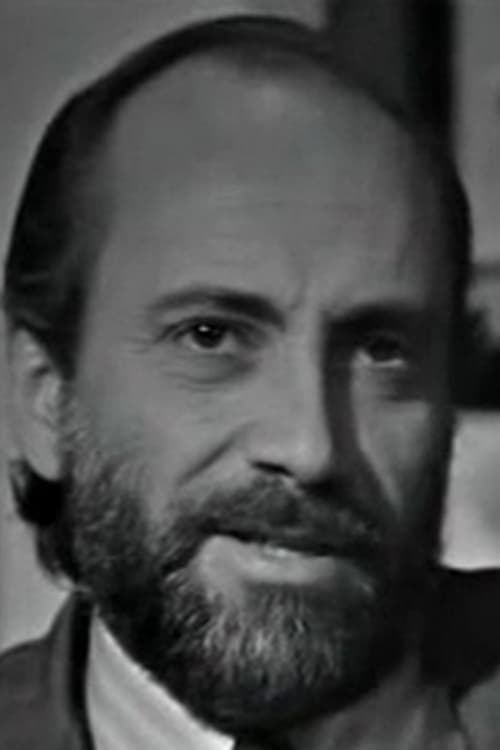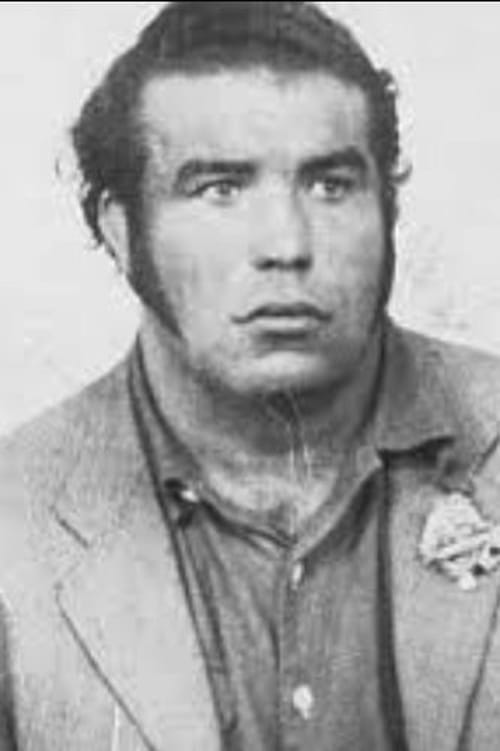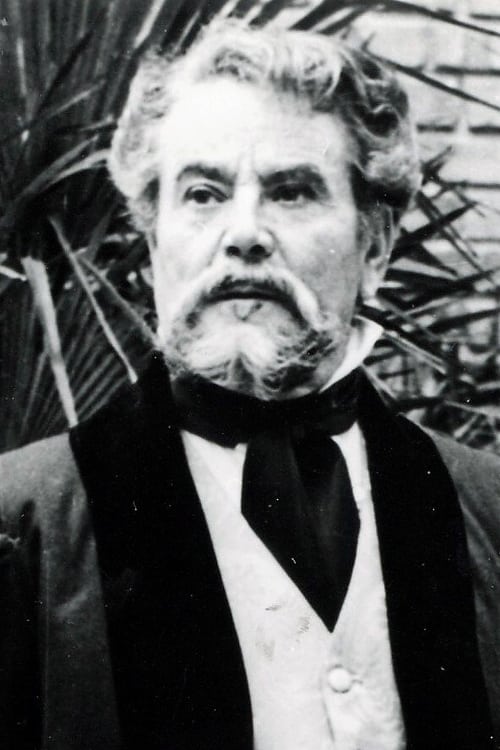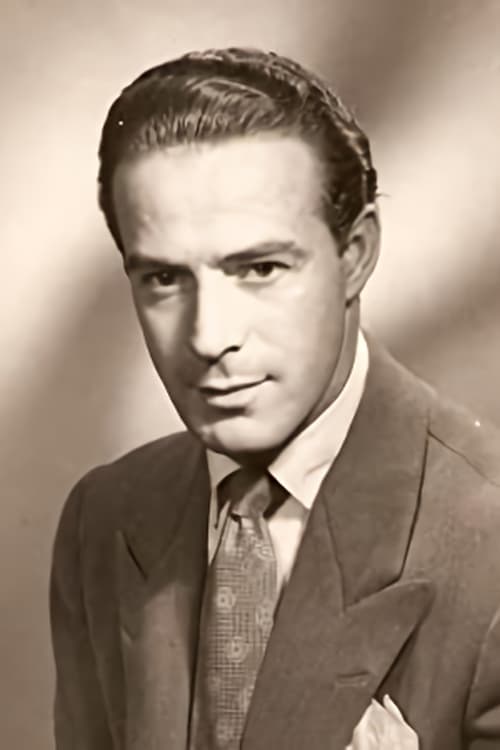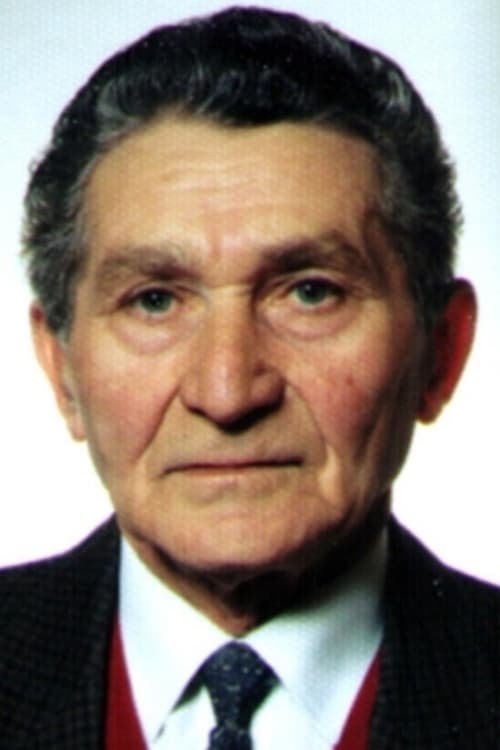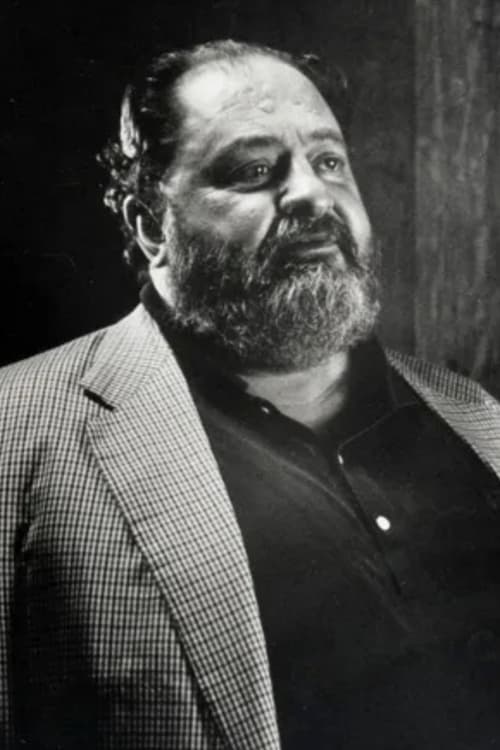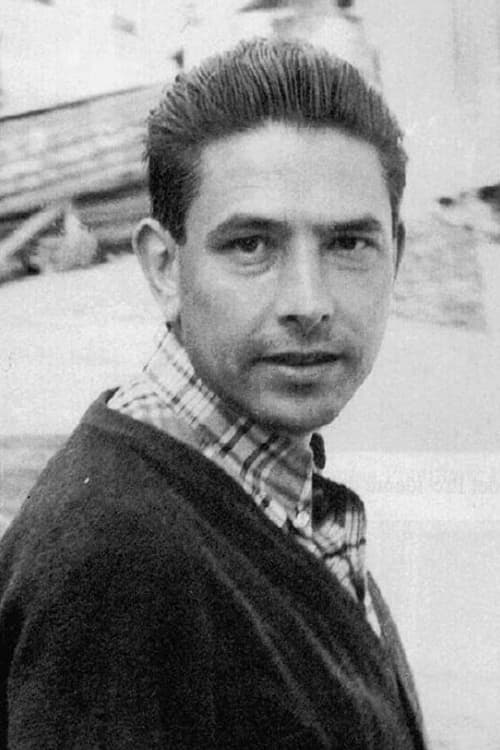The Warrior and the Slave Girl (1958)
ジャンル : 履歴, アドベンチャー
上映時間 : 1時間 28分
演出 : Vittorio Cottafavi
脚本 : Gian Paolo Callegari, Francesco De Feo, Gianfranco Parolini, Giovanni Simonelli, Francesco Thellung, Natividad Zaro, Ennio De Concini
シノプシス
Marcus Numidius (Ettore Manni), a Roman tribune sent to Armenia to put down a gladiators' revolt, captures the rebels' popular leader, Aselepius (Georges Marchal). Princess Amira (Gianna Maria Canale), with ambitions of being Queen and jealous of Asclepius' popularity, plans his death in the arena by substituting a lion for his human opponent

Poppea's Hot Nights (Italian: Le calde notti di Poppea) is a 1969 Italian comedy film set in Ancient Rome. It was written and directed by Guido Malatesta and stars Olga Schoberová (credited as Olinka Berova) and Brad Harris in the main roles.

After Pompey's defeat at the Battle of Farsalia, Julius Caesar becomes the beacon of the Roman Republic and the master of its destiny; but many patricians want to avoid the birth of a tyranny and plot to assassinate him…
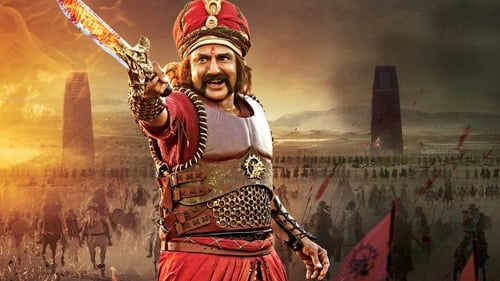
The emperor of Satavahana kingdom, Satakarni comes across many challenges when he attempts to convince his wife that their son is bound to take part in battles and vanquish his enemies.

In ancient Mauretania, the young Roman Lucius Apuleius and his friend Aristomene run into a series of misadventures.

Their value is far greater then the precious rare commodity they are shackled to produce. What price will be paid for such treasures?

Up to one million gladiators are thought to have died in arenas across the Roman Empire. And, although fascination with gladiators has been high, the details of their lives and deaths remain fragmentary. Now, with the discovery of an ancient Roman burial site containing 80 skeletons thought to be gladiator warriors, National Geographic recreates the world of the Roman arena and how six gladiators lived, fought and died.

The glories of Ancient Rome are explored in ROMAN CITY, based on David Macaulay's acclaimed book. This animated and live-action video recounts life in Verbonia, a fictional city in Gaul. A well-planned town with all modern conveniences, it is threatened by conflict between conquerors and conquered. Macaulay also visits Pompeii, Herculaneum, Ostia, Nimes, Orange, and Rome, to view actual Roman architecture and engineering greatness.
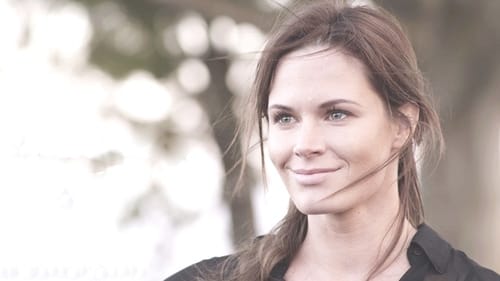
An American mother searches for her daughter who was kidnapped by human traffickers in Central America.

Movie adaptation of the history novel by August Senoa, about Matija Gubec, the leader of peasant revolt of 1573.
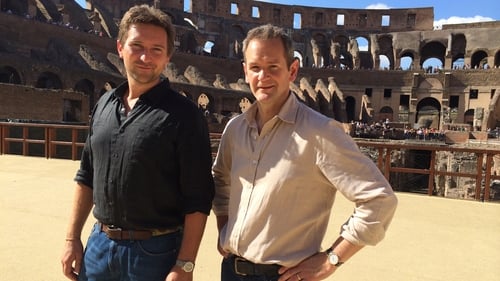
With the help of a team of experts and the latest in 3-D scanning technology, Alexander Armstrong, along with Dr Michael Scott, explores the hidden underground treasures that made Rome the powerhouse of the ancient world.
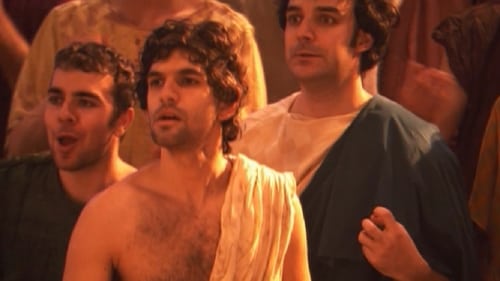
Come back with us to Ancient Greece, 2,500 Years ago to the original Olympic Games. The ancient Games, like our modern Olympics, included champions and cheaters, glory and scandals, bitter rivalries and contests of strength, speed and savage combat. Set in 448 BC when the pounding of horse's hooves and the brutal hand-to-hand combat could be heard and seen by the crowds that filled the Olympic stadium. This one-hour special event follows the glory and corruption of the arc of a single, five-day Olympiad. The competitions include chariot racing, running, jumping, discus, javelin and two man-to-man combat finals-boxing and pankration, a form of extreme fighting in which death was not uncommon. With the help of sports historians and great athletes such as George Chuvalo and Olympic medallists Donovan Bailey and Angela Schneider, viewers travel back to a very different life-in a very different world.
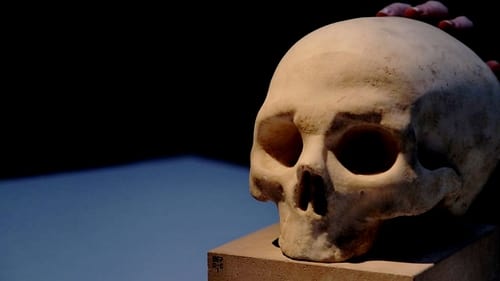
What is true and what is false in the hideous stories spread about the controversial figure of the Roman emperor Gaius Julius Caesar Augustus Germanicus (12-41), nicknamed Caligula? Professor Mary Beard explains what is accurate and what is mythical in the historical accounts that portray him as an unbalanced despot. Was he a sadistic tyrant, as Roman historians have told, or perhaps the truth about him was manipulated because of political interests?
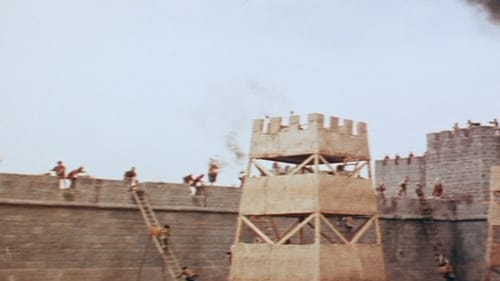
The devious general Cethegus plays the Byzantine and Gothic forces against each other for his own gain.
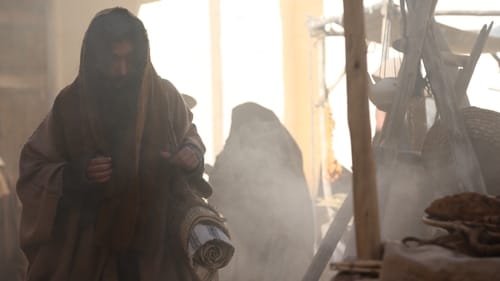
For almost two thousand years, the story of Jesus’ final days has been celebrated by Christians the world over. From Jesus’ triumphant entry into Jerusalem, through to his eventual crucifixion six days later, the key moments have been immortalized in countless films, pieces of music, and works of art. But in recent years, some historians have begun to question inconsistencies in the Gospels’ version of events. They believe that the Gospels could hide a very different story; one that casts the historical Jesus in an entirely new light. Based on a new interpretation of contemporary historical events in Rome, "Last Days of Jesus" peels back thousands of years of tradition, to explore a new political context to the events in Jerusalem. "Last Days of Jesus" explores how dramatic political events in Rome could have played a crucial role in shaping Jesus’ destiny, and examines an extraordinary political alliance that altered the course of history.
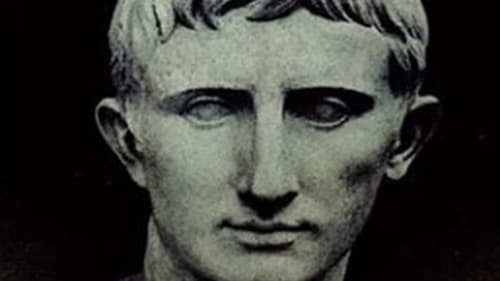
Two thousand years ago, at the dawn of the first century, the ancient world was ruled by Rome. Through the experiences, memories and writings of the people who lived it, this series tells the story of that time - the emperors and slaves, poets and plebeians, who wrested order from chaos, built the most cosmopolitan society the world had ever seen and shaped the Roman empire in the first century A.D.

Arminius – born as the son of a Cheruscan, abducted as a pawn of the Romans, and raised as a soldier, he returns to subdued Germania under Emperor Augustus. He makes himself the leader of the revolt against Rome, resulting in the destruction of the legions of Varus' in the year 9 AD. On the side of Arminius', the audience will experience the "clash of cultures" between the Romans and Germania. In a memorable television event, we accompany him from the simple mud hut of his father to ancient Rome, from the plains of Pannonia to battlefields in the gorges of the Teutoburg Forest.

Terry Jones' Barbarians is a 4-part TV documentary series first broadcast on BBC 2 in 2006. It was written and presented by Terry Jones, and it challenges the received Roman and Roman Catholic notion of the barbarian. Professor Barry Cunliffe of the University of Oxford acted as consultant for the series.
